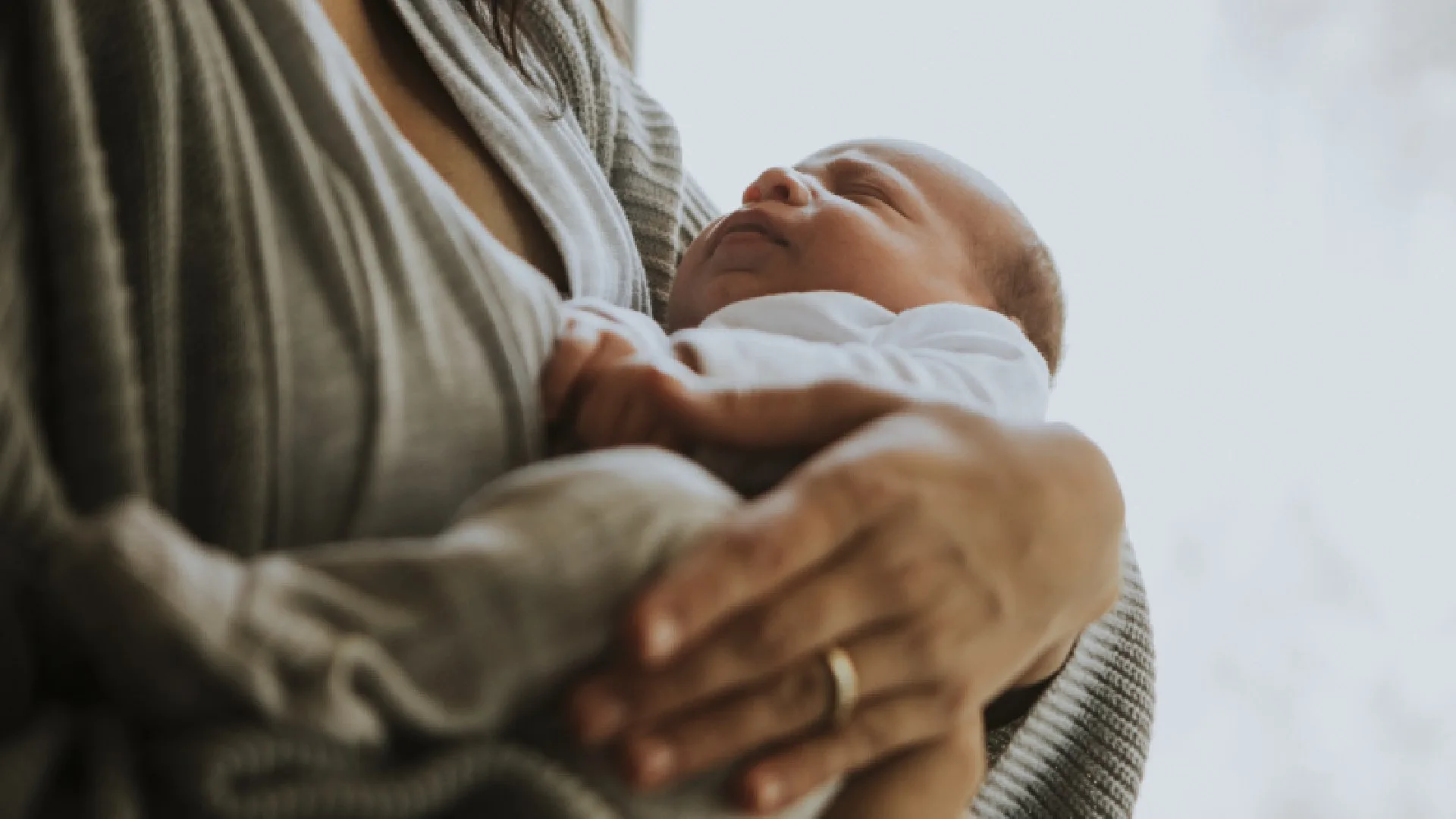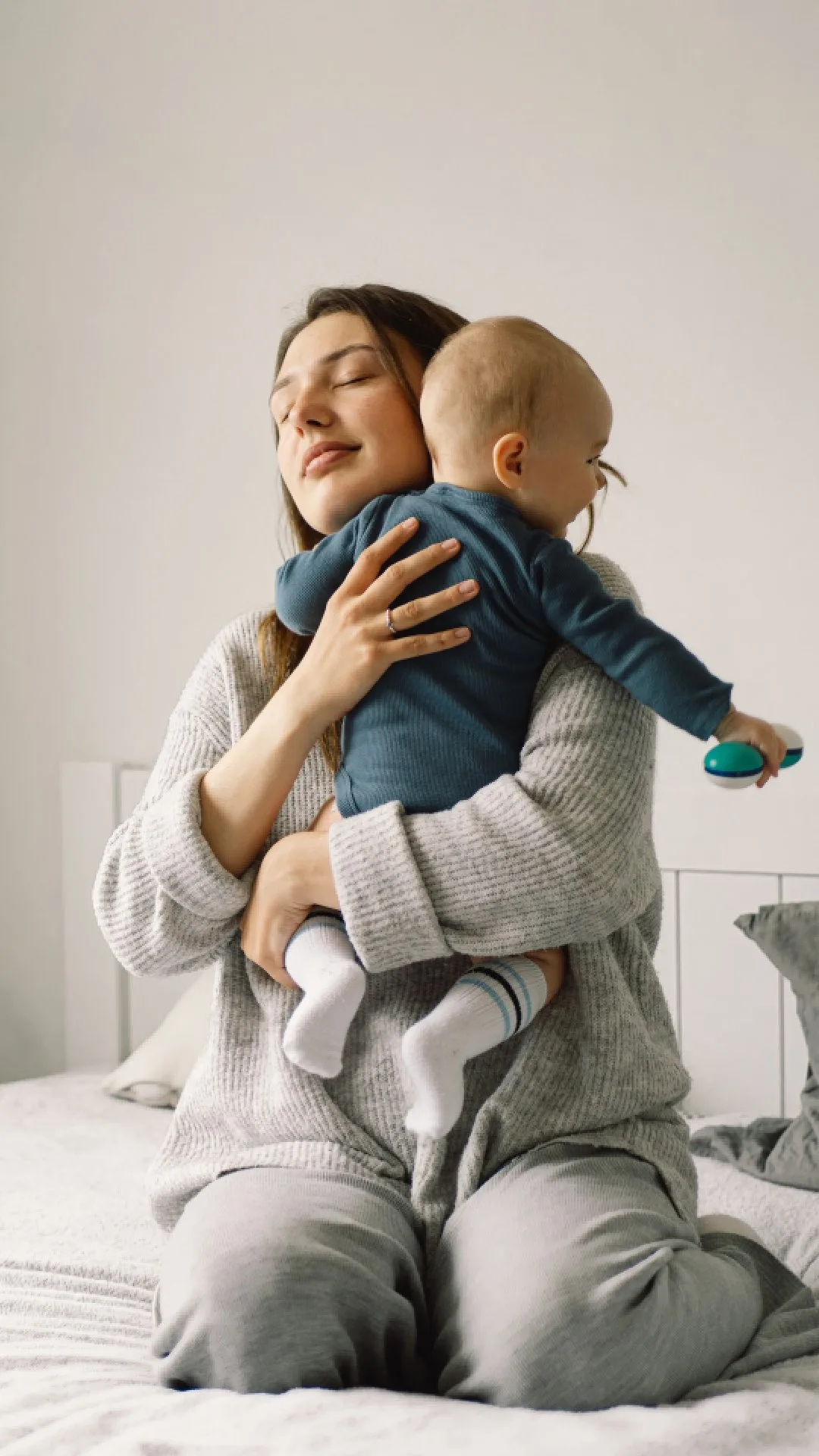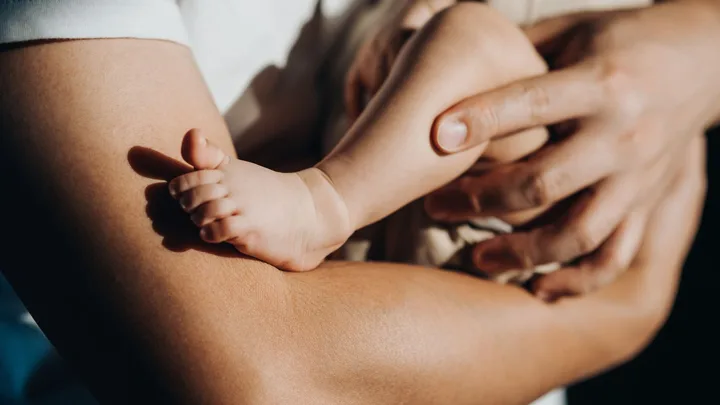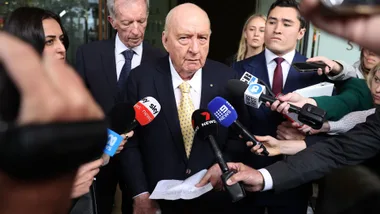An inquiry into the prevalence of child birth trauma in New South Wales has recommended that the state government make “urgent efforts” to prevent women experiencing trauma during child birth.
The inquiry, which is the first of its kind in the world, began in Sydney last year.
More 4000 submissions were made by the public, with many of the testimonies describing of a lack of consent, insufficient pain relief and issues with clinical staff during childbirth.
The submissions also revealed that many mothers didn’t find informed consent was a priority and that there as a lack of “cultural competency” in the birthing space.
According to the ABC, the overwhelming number of traumatic experiences recounted to the inquiry has led University of Sydney professor Hannah Dahlen, to describe the response as the “me too” of child birth.
“No means no except apparently in childbirth, and it’s time to change that,” Professor Dahlen said last year, “This is the ‘me too’ of childbirth.”
In a similar vein, committee chair Animal Justice Party MP Emma Hurst said that there was a growing understand of birth trauma as a “form of gendered violence.”
In 2022, Professor Dahlen published a study that stated one third of women will experience a traumatic birthing event—a figure determined by a survey of over 8000 Australian women.
According to Dahlen’s study, the ongoing impact of birth trauma can lead to mental health issues including postnatal depression, anxiety and post-traumatic stress disorder, as well as problems with bonding with the baby.

What Has The Inquiry Recommended?
On the first day of the inquiry, the committee found that women are not provided with adequate information surrounding the potential dangers and complications that can occur during child birth.
The NSW Parliamentary birth trauma committee made 43 recommendations to the state government.
These recommendations include investing and expanded midwifery ‘continuity of carer’ services, which see mothers seeing the same midwife or team of midwives throughout during the pregnancy and birthing process. This would see the mother have access to the same medical practitioner throughout pregnancy and birth.
According the NSW health representatives, staffing is the biggest barrier to providing this service. However, the Nurses and Midwives union offered a solution, calling for private midwives to be given hospital visiting rights and for childcare hours to extend for those needing to work odd hours.
In response to medical professionals describing a lack of trauma-informed training, resource constraints and severe understaffing, the recommendations also include midwives receiving more education on trauma-informed care, and for parents to be given “clear and comprehensive” education to make sure that they are confidently giving consent.
Board director of The Royal Australian and New Zealand College of Obstetricians and Gynaecologists (RANZCOG), Dr Jared Watts told inquiry women are “meeting the obstetricians for the first time when their legs are in the air,”
“They’ve never met these people before, they’re doing things to them they don’t understand and we really need to change this to patient-centre care.”
The ABC also reported that Dr Watts told the inquiry RANZCOG supports improved antenatal education but finds it “hard” to share the information with pregnant women.
“You don’t want to scare women, because you wouldn’t want to have a child if you knew of every complication that could happen,” Dr Watts said.
However, these comments were disputed by Australasian Birth Trauma Association president Amy Dawes, who claimed “we need to stop infantilising women.”
You can find all 43 recommendations here.

What Has The NSW Government Said In Response?
Before the report was released, NSW Health made an apology to those who have experienced trauma during childbirth, when deputy secretary of Health System Strategy of NSW Health, Deb Wilcox said, “We are sorry this has been their experience and NSW health commits to listening and learning.”
Since the findings were released, Health Minister Ryan Park said: “I’m determined to make sure that we have birthing processes… that are engaged deeply with women from the very beginning of the process… so that they don’t feel like they’re an outsider giving birth.”
“Our hope is that the evidence documented in this report will… prompt action across Australia and the world with the hope that every birth is met with dignity, respect and compassion.”
The NSW government has until the end of August to respond.
 Getty
Getty









